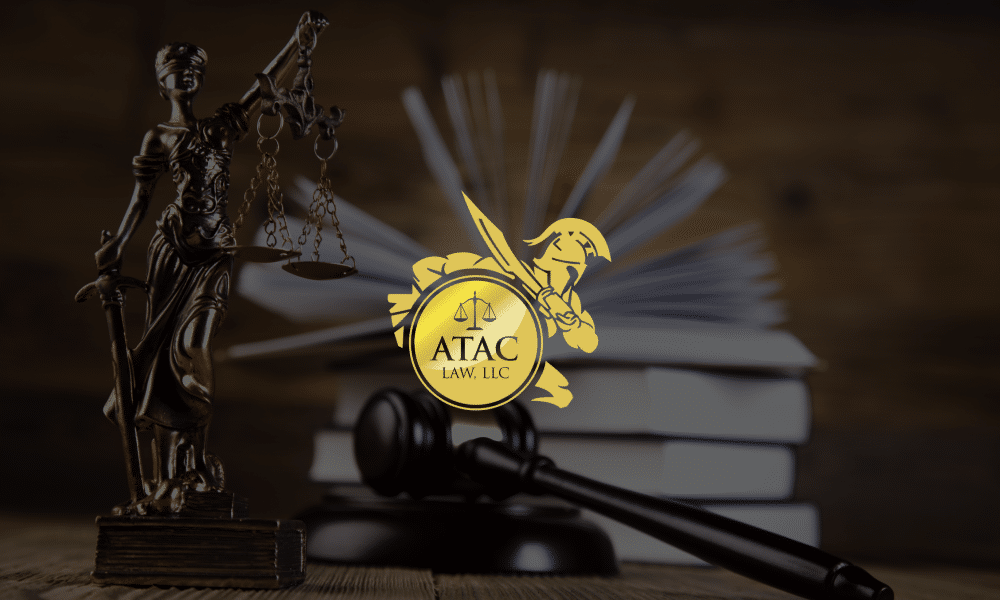Every parent, teacher, and community member has a fundamental concern: the safety of our children in schools and childcare facilities. In Nevada, this concern is addressed through stringent laws aimed at keeping these environments weapon-free. NRS § 202.265 stands as a bulwark in this effort, but what exactly does it entail, and why is it so pivotal for ensuring the safety of our youngest citizens?
Nevada law NRS 202.265 unequivocally prohibits the possession of knives, guns, or any other form of dangerous weapons at schools or childcare facilities. This regulation encompasses not only the buildings themselves but also any vehicles belonging to such establishments and extends to both public and private institutions. The intent behind the law is clear: to foster a safe and nurturing environment for educational and childcare activities, free from the threat of violence that weapons might pose.
Is Carrying Weapons in Nevada Schools and Childcare Facilities Against the Law?
In Nevada, schools and childcare centers are designated as sanctuaries of safety for children and teenagers. The state has implemented firm regulations making it illegal to possess or bring dangerous weapons onto the premises of:
- State-licensed childcare centers and the vehicles associated with them
- Both public and private secondary education institutions, including their vehicles
- Public colleges and universities
It’s crucial to recognize that NRS 202.265 extends its reach to the grounds surrounding these institutions, not merely the buildings themselves.
Consider this scenario: While strolling through the campus of the University of Nevada, Las Vegas (UNLV), with a rifle slung over his shoulder, John Doe catches the attention of a Las Vegas Metropolitan Police officer. The officer immediately detains John, leading to his arrest and subsequent conviction for possessing a weapon on school property. The crucial lesson here is that John’s presence on university grounds with a firearm, regardless of his lack of intention to use it, constituted a criminal offense under Nevada law.
- Prohibited Weapons Include:
- Knives such as dirks, daggers, and switchblades
- Firearms including pistols and revolvers
- Devices capable of explosion or incendiary actions
- Blunt instruments like blackjacks and metal knuckles
- Martial arts weapons such as nunchakus and trefoils
- Paintball guns and similar devices meant for marking others
Are There Any Exceptions?
Yes, the law provides exemptions for security guards and peace officers carrying weapons on educational and childcare property. For civilians, permission to carry weapons on these premises must be formally obtained in writing from the school’s principal or the president of a college branch. Additionally, childcare facilities located within a residential setting operate under unique guidelines:
- Home-based childcare providers can possess weapons outside of operational hours, provided they reside in the home and adhere to Nevada’s general weapons regulations.
- Weapons are banned during the operational hours of the facility unless special circumstances apply.
- With prior written consent from an authorized facility representative, individuals may be granted permission to possess and carry weapons within a childcare center.
ATAC LAW underscores the importance of understanding Nevada’s regulations concerning weapons in educational and childcare settings. Ensuring the safety of our children while navigating the legal boundaries is paramount.
What Are the Consequences of Bringing a Weapon to School Property in Nevada?
In Nevada, bringing or having a weapon on school or childcare facility grounds is considered a serious offense, classified as a gross misdemeanor. Individuals found guilty of violating NRS 202.265 face significant penalties, which can include:
- A jail term of up to 364 days
- Fines reaching up to $2,000
It’s important to note, however, that the final judgment might not always necessitate jail time. In certain situations, the court might opt for alternative sentences such as probation or the imposition of fines, especially if the defendant has legal representation.
How Can a Violation of NRS 202.265 Affect Your Immigration Status?
Facing a charge under Nevada’s NRS 202.265 for carrying or possessing a weapon on school or childcare facility grounds can carry significant immigration consequences alongside criminal penalties. For non-U.S. citizens, such a conviction might endanger their ability to remain in or re-enter the U.S., affect visa or green card renewal processes, and potentially lead to deportation proceedings. The intersection of criminal and immigration law is complex, hence, it’s vital to consult with legal professionals who are adept in both fields.
What Are Effective Defenses Against Charges Under NRS 202-265?
Being accused of possessing weapons on school premises can lead to severe penalties, but there are effective defense strategies to counter such charges. Here’s a look at some potent defenses:
- Unlawful Search: Your defense can also challenge the legality of the police search that led to the weapon’s discovery. If evidence was obtained through a search that violated your rights, a motion to suppress this evidence can be filed. This requests the court to exclude the illegally obtained evidence, potentially leading to dismissal due to insufficient proof.
- Lack of Knowledge: One of the principal defenses involves asserting that you were unaware of the weapon’s presence, possibly because it was placed in your belongings by someone else. If you genuinely did not know about the weapon, you cannot be held criminally responsible.
- Non-prohibited Weapon: The law specifies certain types of weapons as prohibited. If the weapon in question does not fall under these categories – for example, a knife with a blade shorter than two inches does not meet Nevada’s definition of a prohibited switchblade – the charges could be invalidated.
Take, for example, a case where an officer, acting on a tip, enters a suspect’s home without permission and without a warrant, leading to the discovery and subsequent charge for possessing a knife. Filing a motion to suppress due to the illegal search could result in the evidence being excluded, often leading prosecutors to drop the charges for lack of substantial evidence.
It’s important to note that the Second Amendment’s right to bear arms and possessing a concealed weapon permit do not serve as defenses in these scenarios under Nevada law. The complexity of these cases emphasizes the importance of consulting with experienced legal professionals like ATAC LAW, who are well-versed in navigating through these defenses to strive for the best possible outcome in weapons charges cases.
For further legal assistance and to discuss your case with an expert, don’t hesitate to contact ATAC LAW.




